Tanzania: Stunning, Connected
Now that we’ve spent over a month in Tanzania, this is the first time many of us have traveled somewhere and truly felt like more than just tourists. Everything we learn both in and outside of the classroom is interconnected and relevant which has made this a much deeper learning experience than any sort of traveling I’ve done before.
The primary focus of our studies here is understanding human-wildlife conflict in the Tarangire-Manyara ecosystem. The national parks and protected areas in this region are surrounded by lands used for agriculture. Many species use the lands outside of protected areas as critical dispersal areas. As such, people and wildlife come into close contact and wildlife sometimes raid crops and prey upon livestock. Studying human-wildlife conflicts and applying mitigation methods is crucial for successful conservation efforts in this ecosystem. Our coursework and field experiences with the Center for Wildlife Management Studies allow us to approach this complex issue from many angles. We did so recently on a 5-day camping trip to Tarangire National Park and Manyara Ranch. We went on game drives, counted animals along transects, studied elephant behavior, talked to a ranger about poaching, heard from a representative of Burunge Wildlife Management Area on providing tangible community benefits from the protection of wildlife, and interviewed local people on their perceptions of human-wildlife conflict. Additionally, we were very lucky while on safari, as everyone had the chance to see lions, elephants, giraffes, cheetahs, and many other iconic species up close! The diversity and density of large mammal species within Tarangire was absolutely stunning.
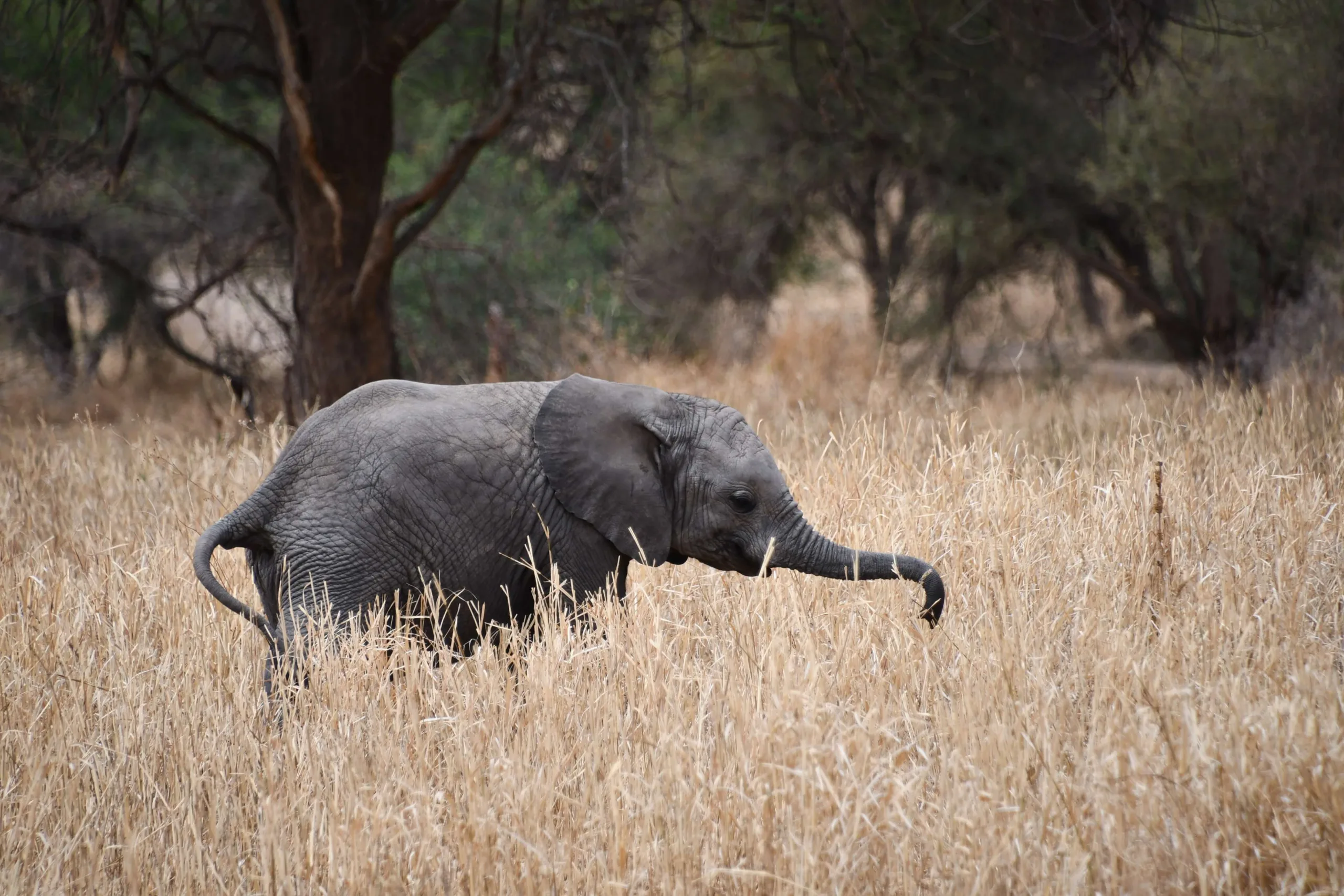

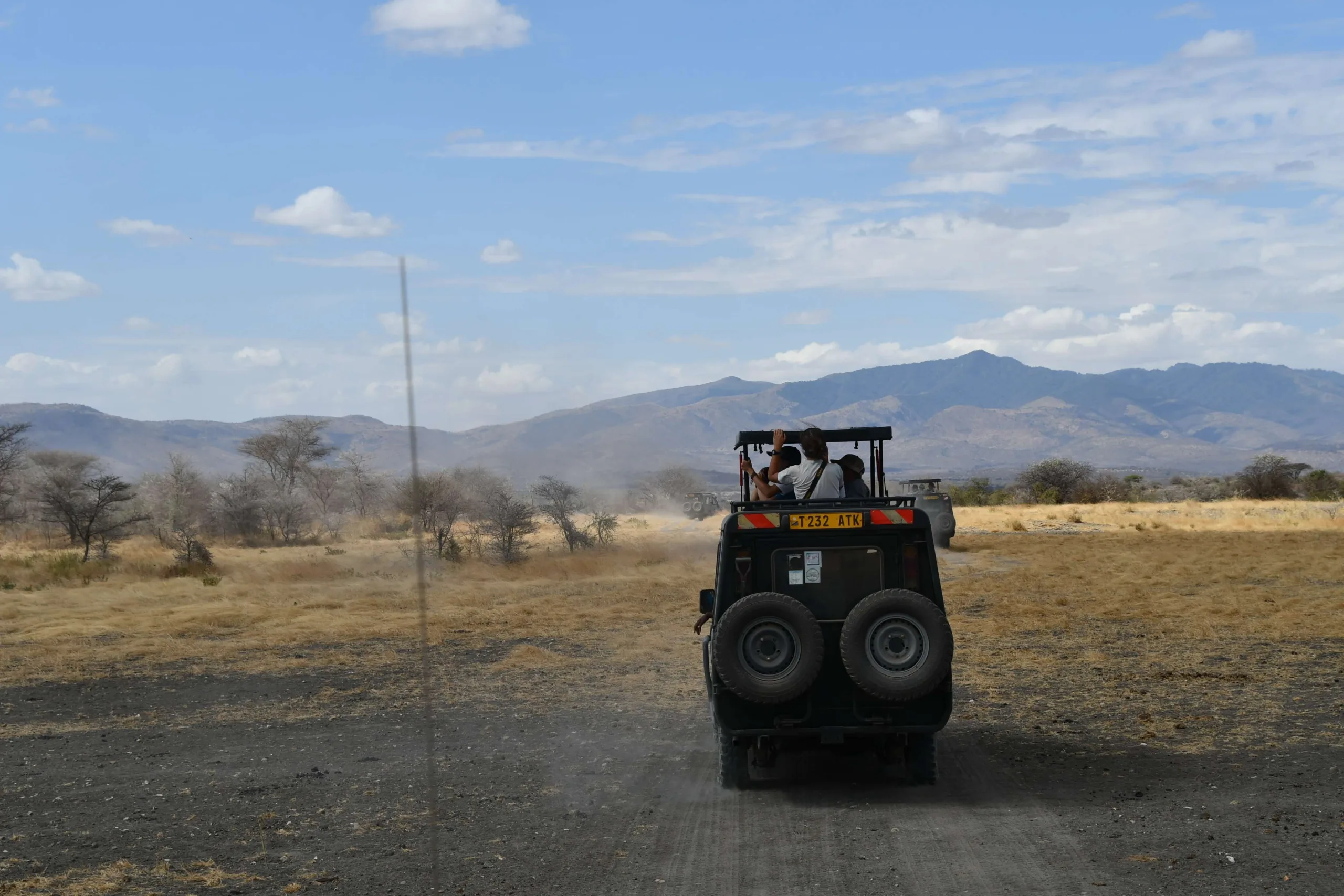
In addition to the science-based components of the program, I think all of us would agree we have learned so much from the local community. The people here are very friendly and you see smiles everywhere you go. I love that the more we invest in learning Swahili, the more it immediately pays off in our ability to interact with the staff and community just beyond our doors. It’s the first time in my life I’ve truly enjoyed learning a foreign language since I’m actually able to use it during my day. We’ve been enjoying weekly free days where we can take local painting and carving classes, go hiking, and explore nearby towns. This week, a few of us went to a secondary school in Karatu to play basketball with some of the students. It was so much fun, as the kids were extremely welcoming and joyful, and I’m looking forward to going back to play with them again!
Considering how much we’ve seen and done, it’s hard to believe we still have two months left in Tanzania. For the next few weeks we’ll be finishing up most of our coursework before our expedition to Serengeti National Park and our final exams at the end of October. After a short break in Arusha, we will then begin working on our directed research projects, something all of us are excited about!
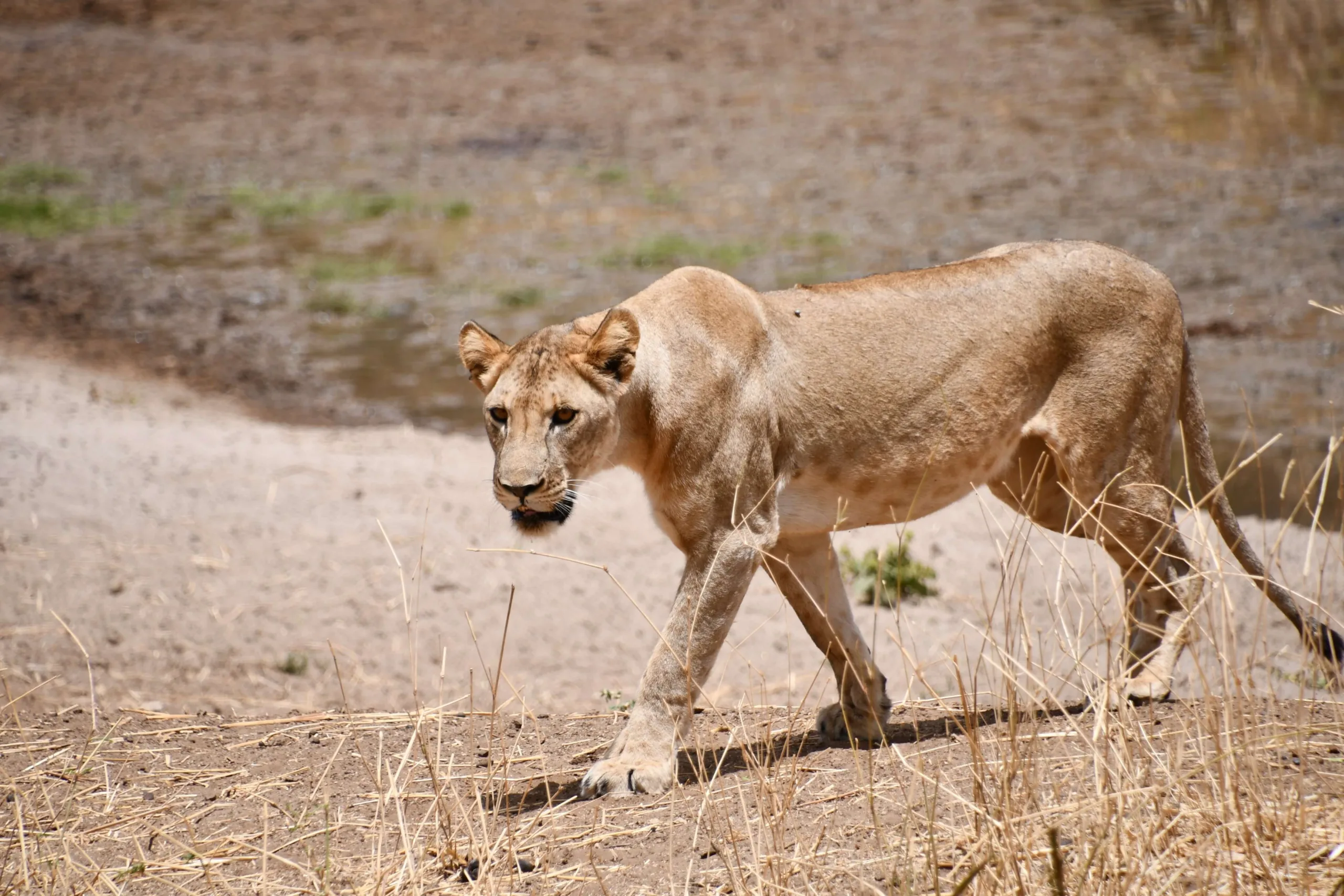
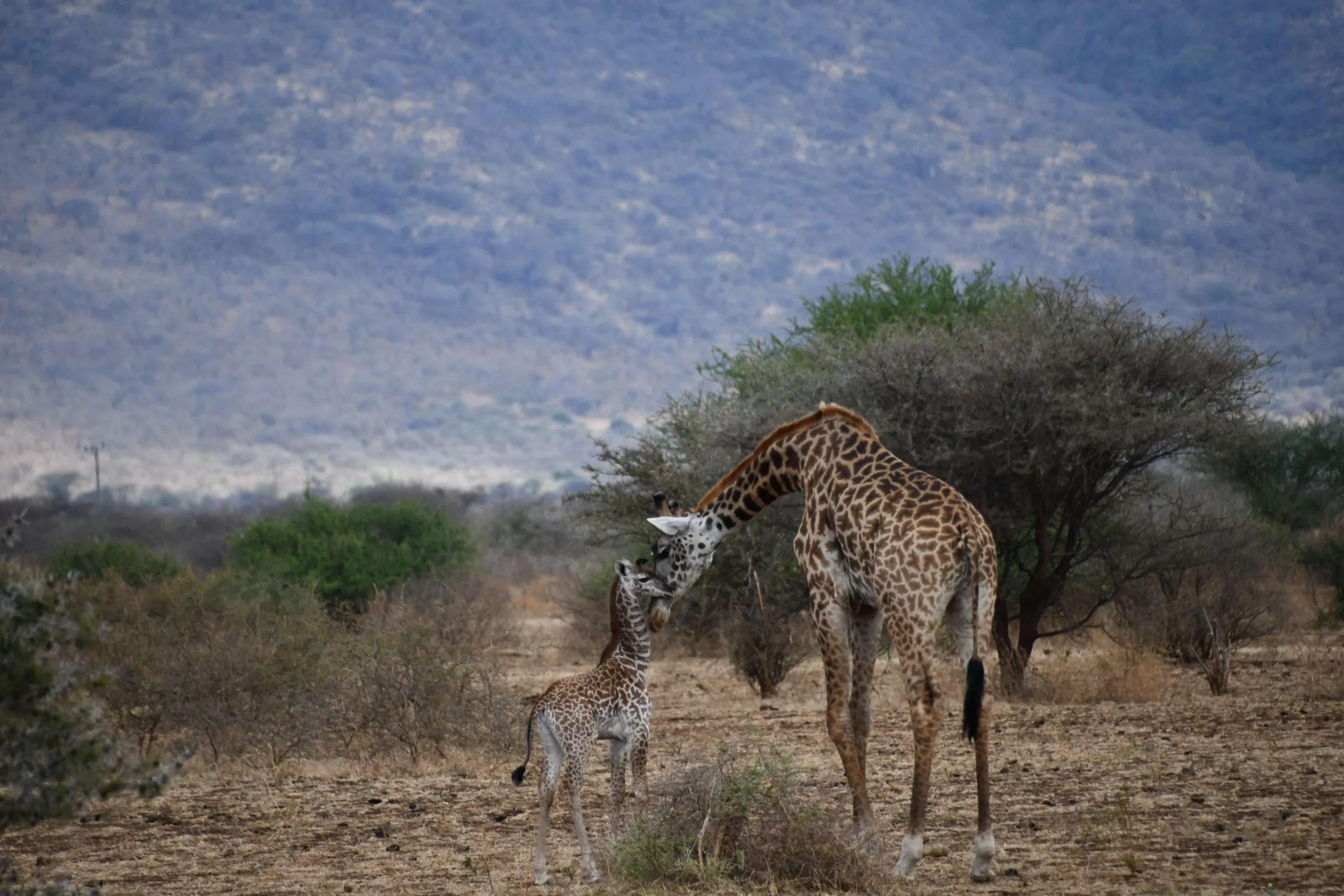
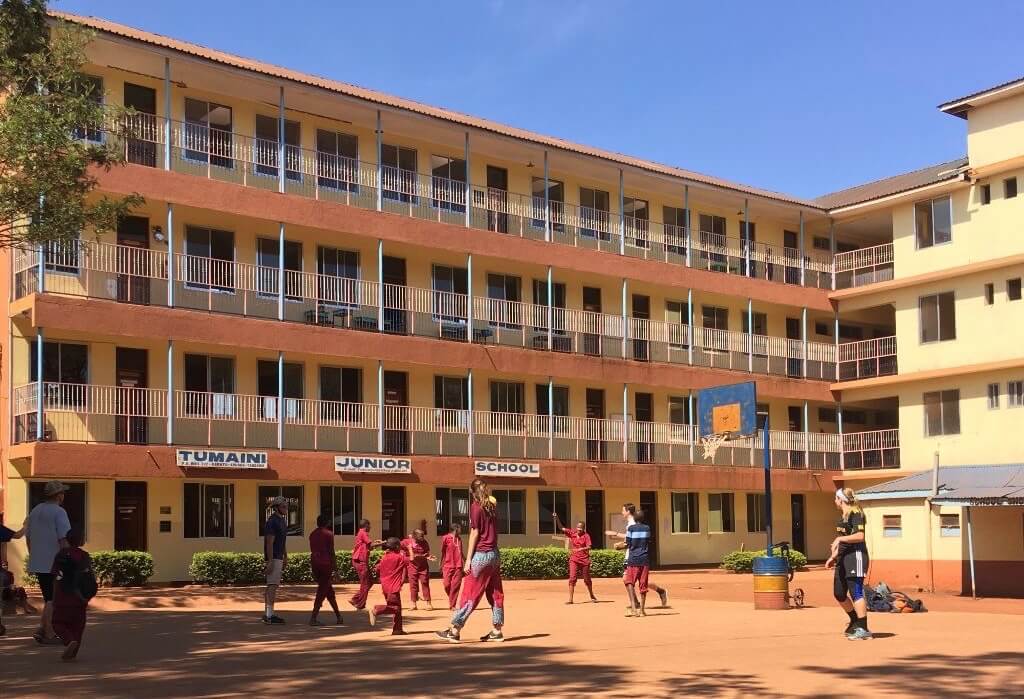

Related Posts

Camila Rojas: Alumni Spotlight⭐

